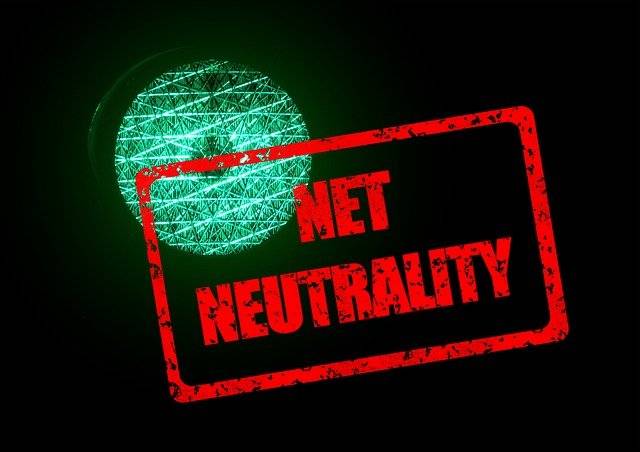In a major win to net neutrality advocates the telecom watchdog Telecom Regulatory Authority of India (TRAI) barred telecom service providers from charging differential rates for data services, which put an end to the robust Free Basics service marketing launched by Facebook and Airtel Zero platform by Airtel in its present form.
TRAI, sensing the need of the hour based on the huge cry for net neutrality by its activists and Facebook’s robust marketing of its ambitious project Free Basics, had released a consultation paper inviting comments from stakeholders on whether service providers should be allowed to have “differential pricing for data usage for accessing different websites, applications or platforms” and other related issues.
Following issues were raised in the consultation paper
- Whether the TSPs (Telecommunications Service Priority) should be allowed to have differential pricing for data usage for accessing different websites, applications or platforms? If yes, then what measures should be adopted to ensure that the principles of nondiscrimination, transparency, affordable internet access, competition and market entry and innovation are addressed?
- Suggest alternative methods/ technologies/ business models, if any, other than differentiated tariff plans, available to achieve the objective of providing free internet access to the consumers.
In response to which, TRAI had received more than a million response from the stakeholders. Mostly diverse responses, while one segment of the stakeholders strongly supported imposition of differential pricing for the reason that the same would fuel innovation, competition and increase the internet consumer base, on the other hand the other segment of stakeholders vehemently opposed the differential tariffs for the reason that same is anti- competitive, non- transparent, against content innovation and discriminatory. Apart from these polar diverse responses, other responses included suggestions to tap middle ground to solve the differential pricing issues.
The Authority having considered the suggestions from various stakeholders, international practices and research studies on the subject matter, published, ‘Prohibition of Discriminatory Tariffs for Data Services Regulation, 2016 on 8 February 2016, which can be accessed at http://www.trai.gov.in/WriteReadData/WhatsNew/Documents/Regulation_Data_Service.pdf
The regulation prohibits the service provider from offering or charging discriminatory tariffs on basis of content. As a result of which a consumer cannot be charged differently based on whether she/he is browsing social media site A or B, or on whether she/he is watching streaming videos or shopping on the internet. In other words, plans aimed at offering access to Facebook at a meager price shall hence forth be illegal according to this regulation. The regulation further prohibits service providers from entering into agreements or contracts with any person or organization which results in providing discriminatory tariffs for data services being offered or charged to consumer on the basis of content. Following which agreements between Reliance and Twitter shall be in contravention to these regulations.
The regulation however, provides for a few exemptions. Firstly, the regulation applies to services provided over the internet and does not apply to intranet transmission, i.e., closed electronic communications network transmission, therefore any content transmitted at differential price by the service provider in a closed electronic communications network shall be beyond the purview of the regulation. Secondly, the prohibition shall not apply to tariff differentiation that is entirely independent of content. For example, providing limited free data that enables a user to access the entire internet is not prohibited. Thirdly, the prohibition shall not apply in times of grave emergency.
The Authority further has relaxed the prohibitions keeping in mind the interest of such consumers in cases where the data tariffs at differential pricing has been offered or are in place, and has allowed for such plans to be in operation for not beyond a period of six months from the date of these regulations coming into effect. Any person in contravention of these provisions shall be fined Rs. 50,000/- (Fifty Thousand Rupees) for each day of contravention which may go up to maximum of Rs. 50,00,000/ (Fifty Lakhs Rupees). The regulation clearly provides that the decision of the Authority as to whether a service provider is in contravention of this regulation or not shall be final and binding.
The authority through the regulation aims to uphold the unfettered right of the consumers to choose their preferred choice of data services from what is being offered. The regulation of differential pricing in India by the Authority is a change for the better, keeping in mind the majority of people who are yet to experience the internet connectivity. Check on discriminatory pricing at this nascent stage shall benefit the consumers. The Authority’s proactive initiative to review the regulation in 2 years’ time is a welcomed move and goes a long way in showing that it is concordant with the ever evolving technology and hence has provided room for modifications and alterations. Now, it is for us to wait and see what such regulated environment stimulates in the ever advancing field of technology.
Authored by Bhuvana S. Babu.
Image Source/ Attribution here, this image is in the public domain.



